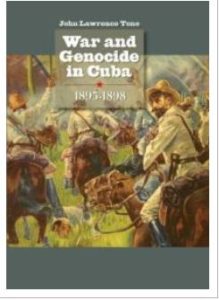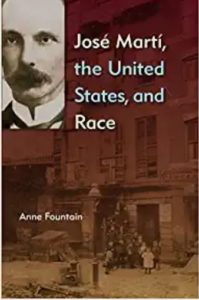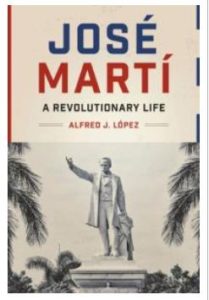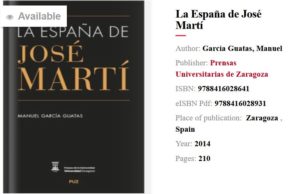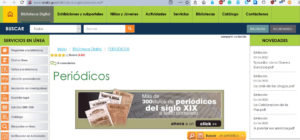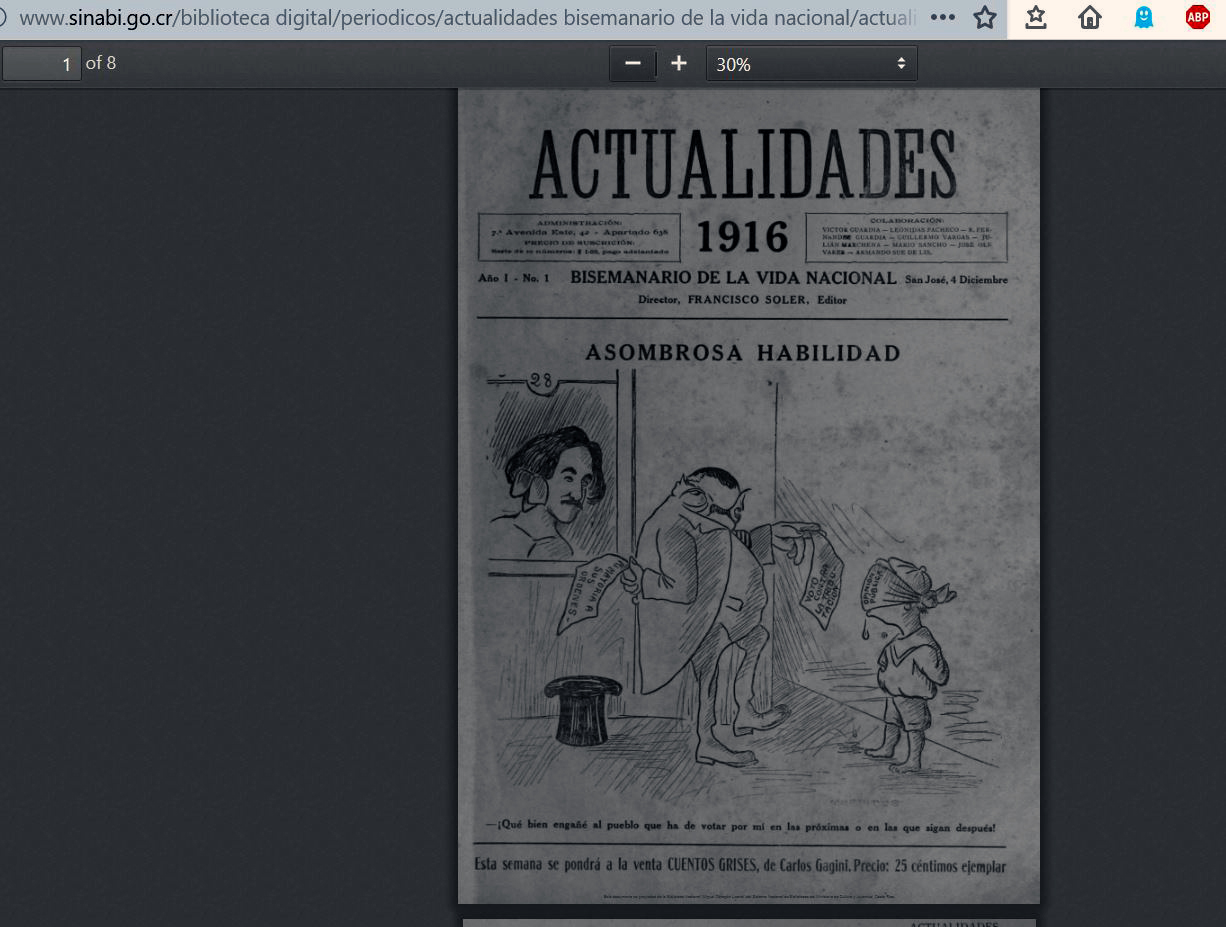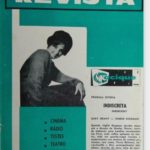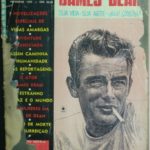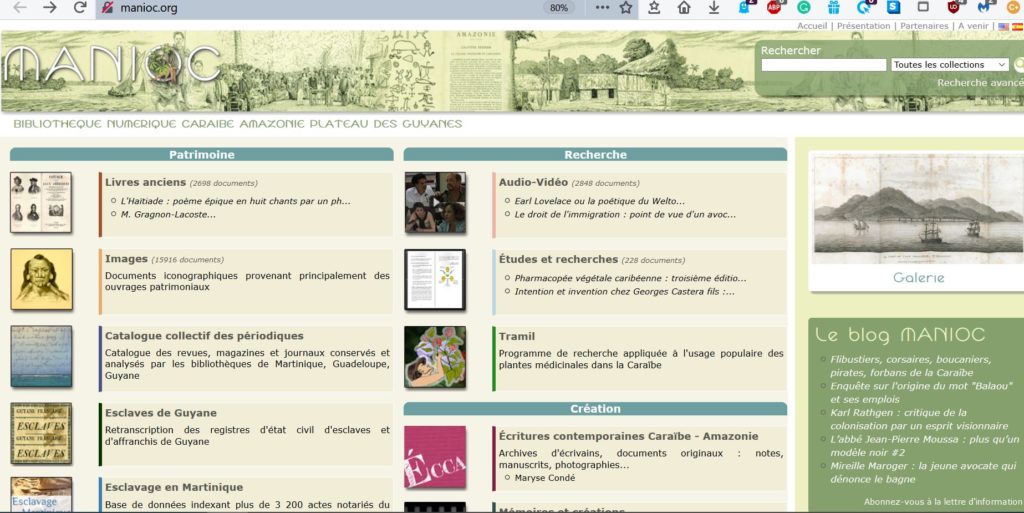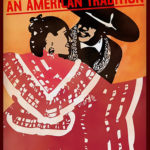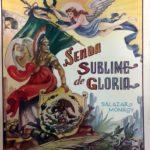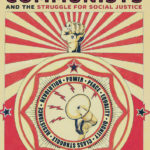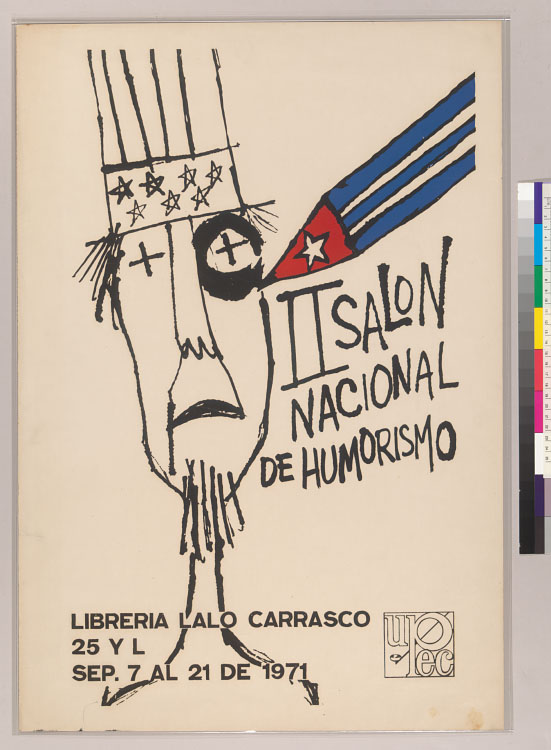Tag: Latin American Studies
125th anniversary of death of José Martí-the Cuban Intellectual, Author and Revolutionary!
JOSÉ MARTÍ – Serie Maestros de América Latina (Fair Academic Use Only, Source: UNIPE, Argentina)
Each nation-state has its own heroes whose actions often contribute to the narrative of mythopoetics of what it means to be a nation. Sometimes, songs are sung in their honor and monuments jut up like totems, arches, and pyramids of the antiquities. While the foundational myths and narratives often remain magical, the real actions of these enlightened individuals lead to the achievement of something larger. José Martí is one such shining example.
The Cuban poet, a revolutionary philosopher, and Latin American intellectual of his times José Martí died one hundred and twenty-five years ago during the Battle of Dos Ríos on May 19, 1895. He led fight against the Spanish. From the Library of Congress hosted narrative, one notes that he lived in New York from 1881 and 1895 and a curious statement summarizes the imperialist tendencies that this nation has existed as follows, “He wrote everything from a magazine for children (Edad de Oro) to poetry (Versos sencillos 1891), to essays on the nature of the United States which he admired for its energy and industry as well as its notable statesmen, particularly the framers of the Constitution. However, he denounced its imperialist attitude toward its southern neighbors.”
Below are some of the electronic books that one can read after authenticating using proxy or VPN.
For works by José Martí at UC Berkeley Library see here.
Open Access in Latin American and Caribbean Studies Digital Resources: Episode 3
This is a third episode of Open Access in Latin American and Caribbean Studies Digital Resources. Today, I want to introduce the readers to the Costa Rican Historical Newspapers that have been digitized by SINABI Costa Rica. SINABI (Sistema Nacional De Bibliotecas: Costa Rica) is a system of Costa Rican libraries.
There are over 300 historical newspapers that have been digitized and ready to be used for research. These can be accessed here.

The site allows any user to download these as PDF files. For example, “Actualidades: bisemanario de la vida nacional.” This particular periodical was directed and edited by Francisco Soler and among his collaborators were Mario Sancho, Leonidas Pachecho, and Julián Marchena. It included political information. It began publication on December 4, 1916.
There isn’t evidence that the periodical is OCR’ed and can be cross-searched against the other digitized periodicals and newspapers. Nevertheless, Costa Rica’s 300 historical newspaper titles are available for academic research.
Trial: Classic Brazilian Cinema Online (Brill) ends on June 6, 2020
Classic Brazilian Cinema Online
If you now go to https://primarysources.brillonline.com/browse/classic-brazilian-cinema-online you will find you have complete access to the resource. Brazilian cinema gained international acclaim through the Cinema Novo of Glauber Rocha, Nelson Pereira dos Santos and other directors in the 1960s. Yet Brazil produced numerous films throughout its various regions since as early as 1896. Until now, a proper appreciation of early Brazilian cinema has been hampered by the loss of a significant number of the films, as well as a lack of available printed sources pertaining to Brazil’s movie industry.”
The trial will go on through June 6, 2020
Sources from the Cinemateca do Museu de Arte Moderna (MAM) in Rio de Janeiro; New York University Libraries; and four private collectors in Brazil
• Unique access to more than 60 magazines • Fan magazines, trade magazines, Cinema Novo magazines
• Covering the period 1913–1974 • Ca. 75,000 full-color images • Full-text search functionality
Fair Academic Use Only.
These images may be protected by the U. S. Copyright Law (Title 17, U.S.C).
Open Access in Latin American and Caribbean Studies Digital Resources: Episode 2
Here is the second episode of the Open Access Digital Resources. We present you with the digital library of Francophone Caribbean, Amazonia, and Guayanas (Bibliotheque Numerique Caraibe Amazonie Plateau Des Guyanes). The self-description can be translated as, “Manioc (Cassava) is a digital library specializing in the Caribbean, the Amazon, the Guyana Plateau and the regions or centers of interest linked to these territories. The site is an open-access collaborative project between the University of Antilles and the University of Guyana.” This digital library provides access to several key digital collections related to the region.
Readings for Cinco de Mayo!
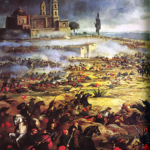
CC BY-SA 3.0
Cinco de Mayo represents a victory of David over the Goliath. The battle took place on 5 May 1862. Benito Juárez, then the President of Mexico suspended the debt payments to the Western creditors and the collecting nations menaced Mexico with the war and especially the French Empire that came to disagree with the decision invaded Mexico. Cinco de Mayo is one watershed event in the series of battles where the Mexican nation successfully fought against the French Imperialism and drove out the superior French forces defeated. The events on the French sides have been summarized in several books including in “Révélations sur l’intervention française au Mexique de 1866 à 1867, par F. de La Barreyrie,” and “Le Mexique au début du XXe siècle.” It is interesting to see the language that was used to justify the French invasion of Mexico. And also it intereting to see the societal discourse that was used in the proclamation of the French Emperor Napoleon the third. Does it remind us of some similar language in the recent history that is used by some in our own nation? Here are some of the archival documents that reflect the Mexican view.
Today, while some cherish the celebrations of mariachis, tacos, and margaritas on May 5th, the true meaning of the battle that took place on the Cinco de Mayo has evolved into a genuinely American Holiday. Below are books that one can read to reflect on this 5 de Mayo!
Finally, we leave you with a clip about La Batalla de Puebla by a well-known outcome Mexican historian, Paco Ignacio Taibo II.
Book Talk Series: Acoustic Properties
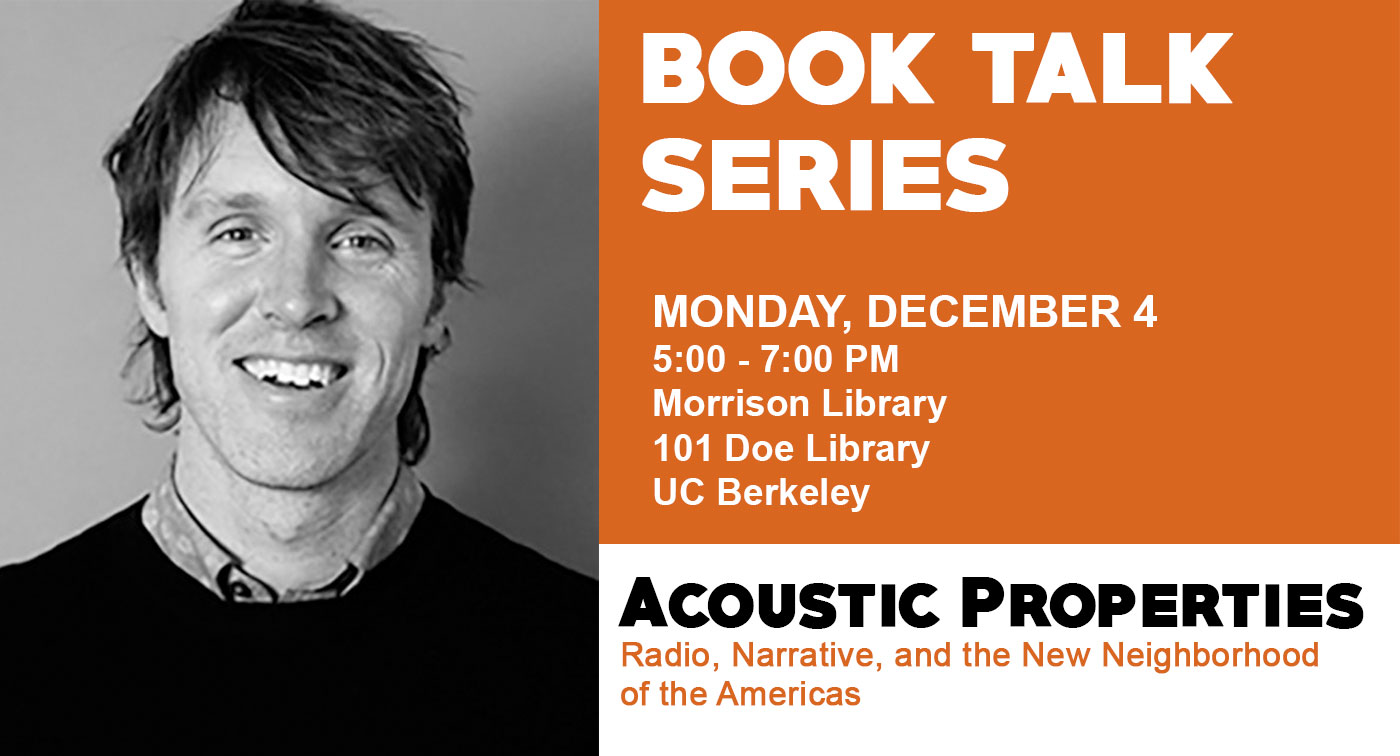
Tom McEnaney’s book explores the “coevolution” of the radio and the novel amid influential movements in populist politics in three countries in the mid-20th century: the New Deal in America; Peronism in Argentina, and the Cuban Revolution. The book illustrates how governments, activists, and artists have struggled for control to represent the voice of the people within a changing media landscape.
Professors José Quiroga of Emory University and Freya Schiwy of UC Riverside will be discussing the book after professor McEnaney’ s reading.
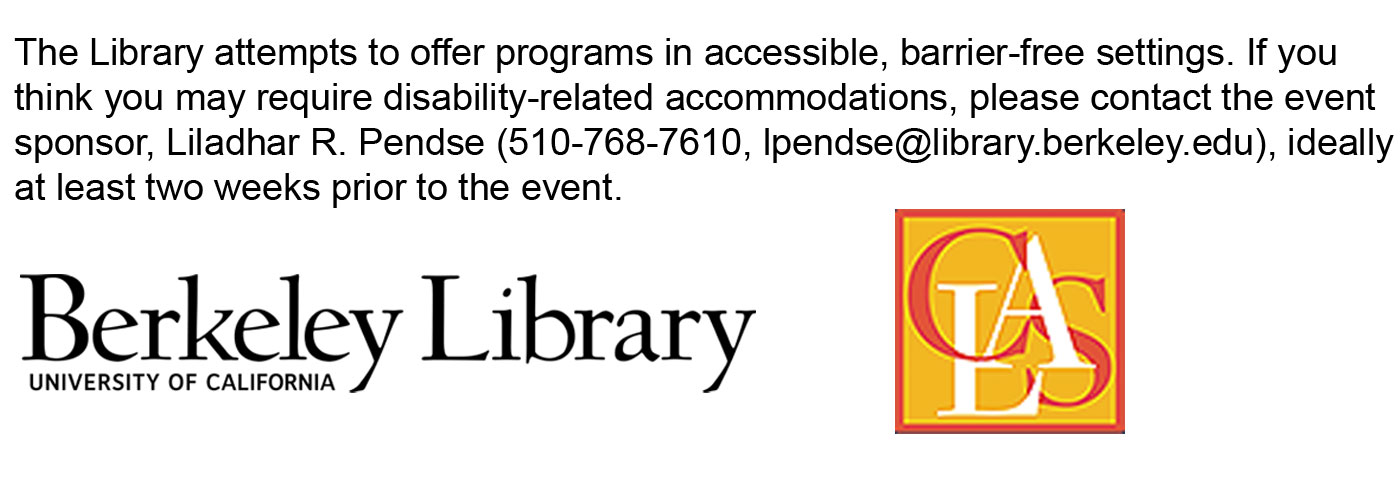
New e-resources for the Romance Languages
Digital resources are regularly added to the Library’s holdings. Here are some noteworthy ones acquired in and/or related to the Romance languages this past year:
Beckett Digital Manuscript Project – Digitized collection of Irish author Samuel Beckett’s original manuscripts, as well as a digitized collection of his personal library with his annotations.
BiGLI Online – Online version of the fundamental print bibliography and discovery tool for Italian language and literature. Includes texts, critical and historical surveys, philogical and linguistic notes, essays, monographs, bibliographic reviews, etc. (1981-present).
Brill’s Medieval Reference Library (MRLO) – Contains over 4,000 entries and 200 plus illustrations covering pre-modern European history and culture. The database includes complete coverage of four medieval studies encyclopedias: Encyclopedia of Medieval Chronicle, Encyclopedia of Medieval Dress and Textiles of the British Isles c. 450-1450, Encyclopedia of Medieval Pilgrimage, and Brill’s Encyclopedia of the Middle Ages. Searches can be performed across encyclopedias or limited to one title.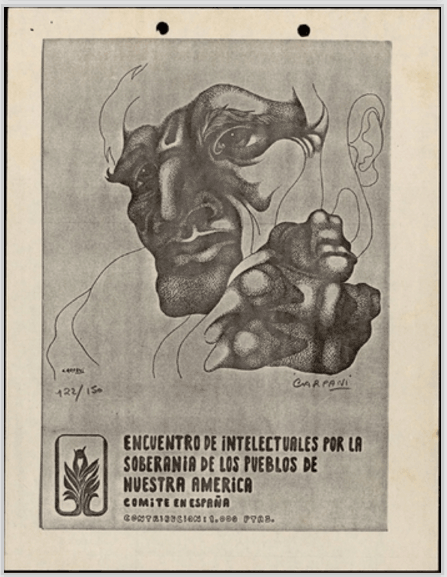
Cuban Culture and Cultural Relations, 1959- Primary-source collection of ca. 45,000 fully-searchable documents from the Casa de las Américas in Havana, documenting the culture and cultural relations of Revolutionary Cuba and countries in Latin America and the Caribbean. Includes articles, newspaper clippings, cable messages, interviews, conference memorabilia, etc. This collection is Part 1: Casa y Cultura” of the so-called Archivo Vertical held in the library of the Casa de las Américas. (Brill) [1959 to present]
Encyclopedia of Semiotics – Encyclopedia and guide to concepts in semiotics, sign theory, and cultural studies such as theories, theorists, schools of thought, issues in communications, cognition, and cultural theory. (Oxford University Press)
International Directory of Medievalists – A directory listing names and addresses of approximately 15,000 medievalists and scholars in fields relating to the Middle Ages in 70 countries. This online title continues the print edition.
Italian Reformation Online – Collection of primary texts from the Italian Reformation digitized from the Biblioteca Nazionale Centrale di Firenze. Selection of more than 100 rare works offers a synopsis and theological profile of the diversity of the printed manifestations of the Protestant Reformation in the Italian states. (Brill) [15th-17th centuries]
Latin American Anarchist and Labour Periodicals Online – This collection contains the periodicals that have been accumulated by the Austrian anarchist, historian and collector Max Nettlau (1865-1944), together with a number of later additions, held at the International Institute of Social History (IISH) in Amsterdam. The collection of 971 titles provides a richness of documentation pertaining explicitly to the formative anarchist and anarcho-syndicalist episode in the history of Latin American labor movements. The collection contains numerous rare, and in many cases, unique titles that are also discoverable individually through OskiCat. Included, among many others, are the Argentine periodicals La Protesta, La Vanguardia and Acción Obrera; the Brazilian O Exempio, Jornal do Povo and Battaglia; the Chilean Voz del Mar; and the Mexican Ariete, Redención Obrera, Revolución Social and El Sindicalista. (Brill) [1890-1920]
Routledge Encylopedia of Modernism – The REM is a cross-disciplinary resource for students and researchers covering several subject areas: literature, architecture, visual arts, music, dance, theatre, film and intellectual currents. Over 1,000 articles and over 100 images are included. Browsing by subject, movement and place is available to find information across fields and topics.
All new databases are listed on the Library’s A-Z Databases page.
The Library’s Cuban Poster Collection
More than a decade ago, the Library digitized close to 350 original cultural and political posters from Cuba acquired by retired librarian Carlos Delgado through the exchange program he set up with the José Martí National Library of Cuba in 2000. All are searchable by title, keyword or publisher in the Colección de Carteles Cubanos online database and in the Online Archive of California (OAC) with another 200 slated to be added this year. The posters capture the broad range of national and international campaigns of Fidel Castro’s regime but also a unique perspective on the world through promotional art for exhibitions, performances, festivals, and conferences held on the embargoed Caribbean island nation in the last four decades of the twentieth century.
